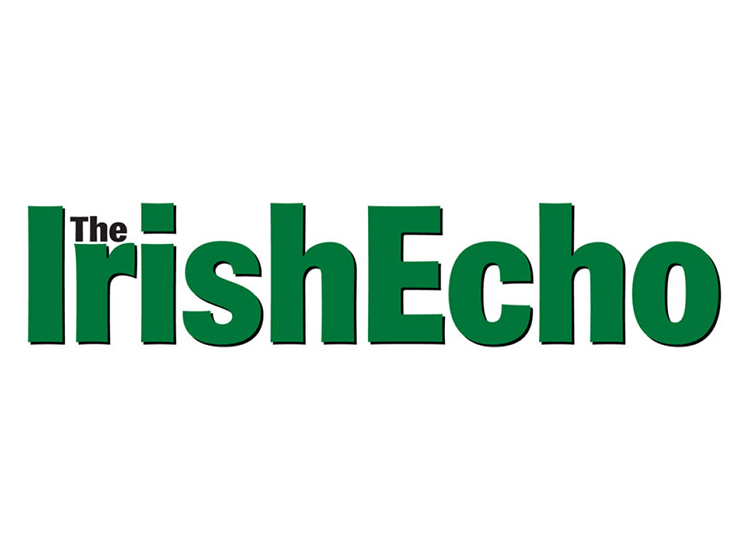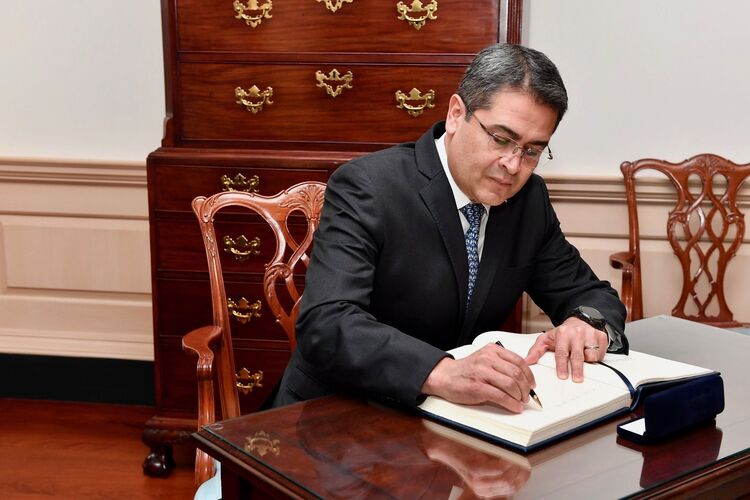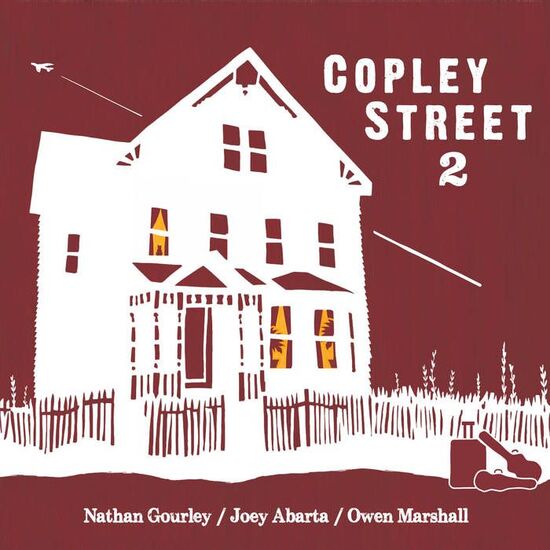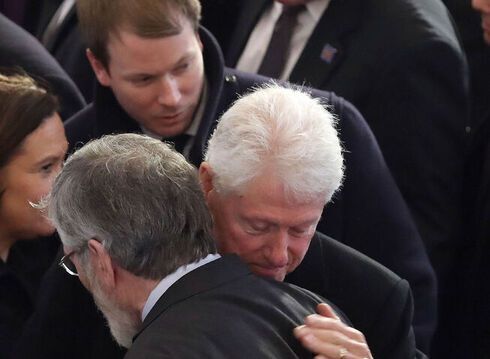In the interests of public safety, the government should issue a health warning immediately. The sports pages of every newspaper in Ireland are likely to be infected with a virulent and long-lasting dose of hyperbole for the next several weeks. Coming so close together, the start of a new Premier League season, the presence of both the Dublin hurlers and footballers in All-Ireland semi-finals, and the looming start of the rugby World Cup are likely to create a perfect storm of breathless hysteria and constant exaggeration. Normal sentences will be swollen beyond recognition and there may be rash of headlines involving the phrase "holy grail."
We can only be thankful the Ryder Cup isn't being held this year or there might be a pressing need for Taoiseach Enda Kenny to declare a state of emergency. Indeed, he may still have to resort to these type of desperate measures if the Dublin footballers continue on what seems to be their inexorable path towards a final showdown with Kerry. Under normal circumstances, Dublin reaching the final of any competition causes serious overheating in the engine rooms of all newspapers. Dublin playing Kerry in the All-Ireland final creates a conflagration so large it can only be put out by the production of umpteen supplements revisiting the 1970s rivalry between the counties.
The problem with the nostalgia is the Dubs and Kerry thing from back in the day is now the most overblown rivalry in the history of Irish and possibly even world sport. Any GAA fan who has read any newspaper or watched any RTE coverage of Gaelic games in the past 30 years can recite by heart the stories of Heffo's Heroes, Micko's cuteness, Keaveney's belly, Mickey Ned's concussion, Moran's solo run, and Mikey Sheehy's goal. These yarns and cameos were fun the first hundred or so times we revisited them. How many more occasions do we have to hear the one about Paidi O Se asking: "What was it hit you, the bus or the train?"
But hear them we will. In an era when hyperbole is too often regarded as a normal mode of expression, Dublin taking on Kerry will trump all. Never mind Pat Gilroy's athletes will have no real chance against Jack O'Connor's pure (at least when not serial fouling) footballing machine. The media narrative will be that Gaelic football needs a Dublin victory because really, the kids in West Cork, West Clare, South Armagh and all the other football strongholds around the country need to see a Dub lifting Sam Maguire to fire their enthusiasm for the sport.
The reality is many Dubs will care less about whether the team wins and many of those wearing blue shirts in Croke Park on the day couldn't name half their own team. Conveniently enough, the media won't bother to mention the bandwagon effect because nothing upsets the mood of hysteria like pointing out the uncomfortable truth that so many of the Hill 16 faithful are actually the fairest of all fair-weather fans.
If nothing else though, two decades of watching the Premier League has taught or trained or brainwashed us all in the art of ignoring the elephant in the room. Witness the following sample of the guff we will be happy to put up with when taking in the best of English fare for the next nine months.
The Premier League game you are watching isn't boring, dreadful stuff, it's actually a relegation six-pointer full of passion and commitment. He (insert name of random English international here) isn't one footed, one-paced and one-dimensional, he's really, seriously, definitely, world-class (at least until he reaches a World Cup and is exposed for all of the above). Nothing matches the intensity of a Liverpool/North London/Manchester derby especially not El Clasico or any game involving historic rivals in packed stadia in Germany, Argentina and Italy (because they chant in foreign languages). Now that an entire generation of Irish children have grown up speaking Sky Sports language and being hoodwinked by half-truths we should be appalled. But we aren't because so much around sport has now been infected with that virus. Nowhere is this more evident than in the fact rugby holds a limited-interest, barely-noticed outside a few enclaves tournament every four years that it deigns to call a World Cup. Even in a sport where November friendlies are taken seriously because one team had to travel far to play the game, the rugby World Cup is a testament to the power of slick marketing and the gullibility of fans and casual punters.
How else can they get away with calling a shindig involving nine serious nations, six of whom are located on Europe's western seaboard (where they play each other every year anyway) a World Cup? A World Cup is something that stops the planet for a few weeks every four years. From Kinshasa to Kyoto, from Buenos Aires to Beijing, people talk of little else. In contrast, the rugby World Cup stops nothing more than the flow of traffic to the bar in a few south Dublin pubs and those tiny, oval-ball loving corners of Cork.
As part of the strategy to make this year's edition seem even more important, the build-up to "The tiny little corner of the planet that cares about rugby" cup started on the first weekend in August. Of course it had to start early. The longer the build-up, the greater the opportunity to inflate the importance of the whole affair. Perhaps they are entitled to blow up the significance of this one. After all, it's now nearly 25 years old. That makes this competition practically an antique next to rugby's supposed other great bauble, the European Cup, a sort of just-add-water instant institution.
Less than a month to go now until Ireland's first game against the USA. By then, the Dubs could be in the All-Ireland final and Sky Sports will surely be advertising matches set to decide the destination of the title in September. These are the times we live in.









